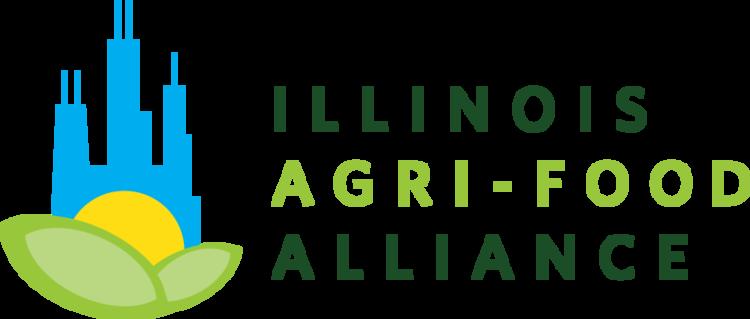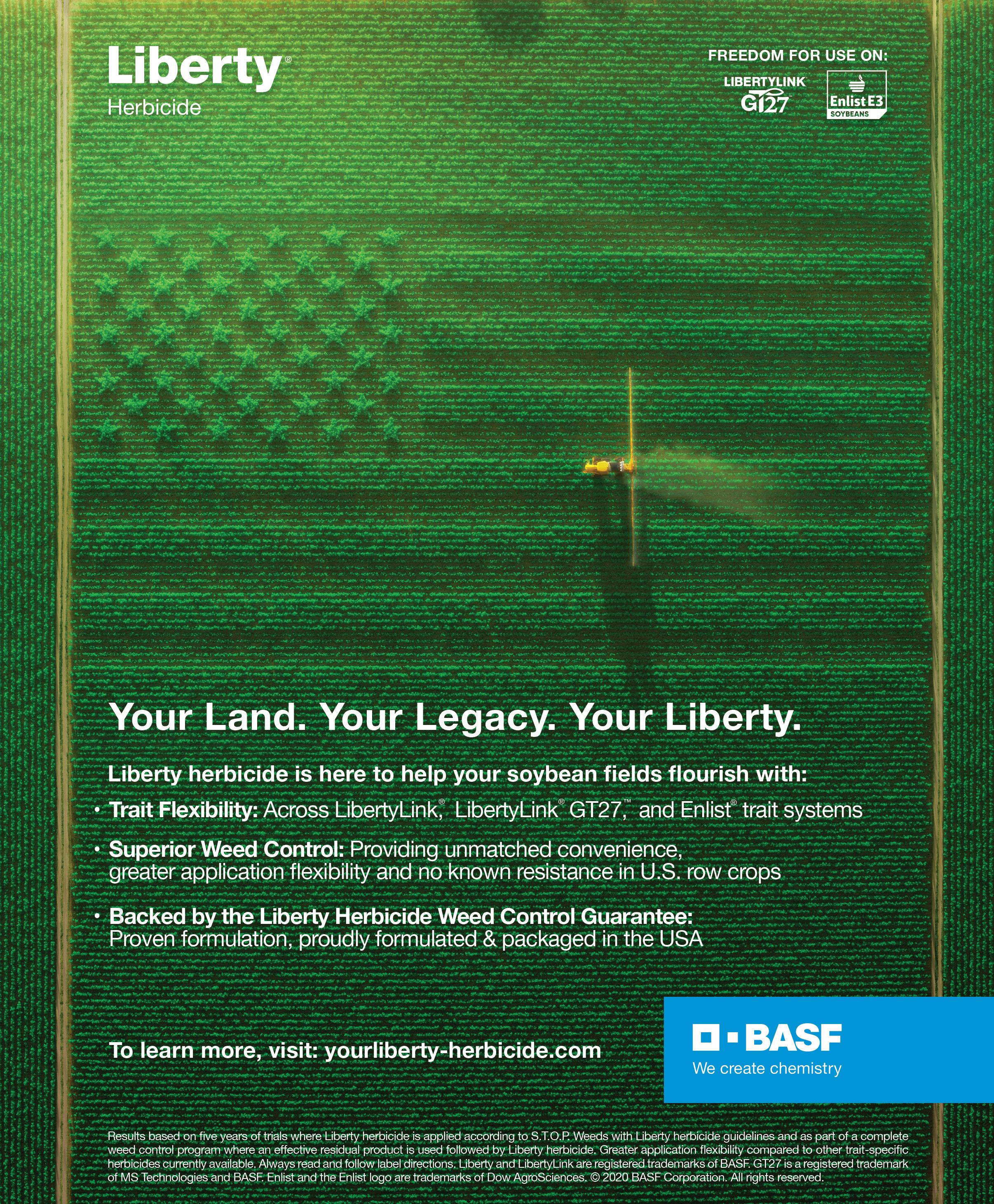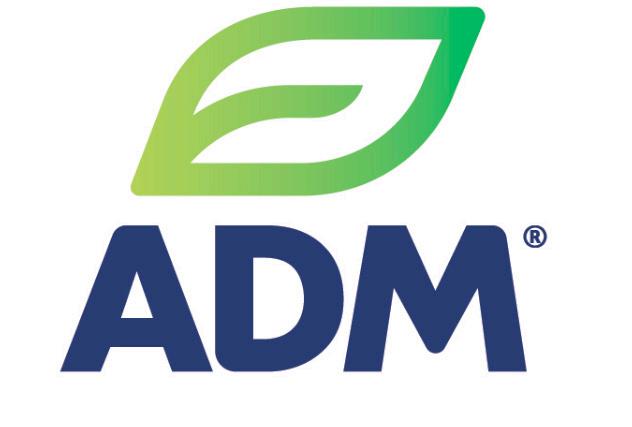
3 minute read
Supply chain resiliency
Illinois' agri-food system overcomes challenges in a pandemic.
By Claire Weinzierl
Advertisement
During a pandemic, there aren’t often situations where we are able to see a silver lining. In fact, it’s difficult to note any positives at all. But for the Illinois Agri-Food Alliance (ILAFA), COVID-19 has brought light to an issue that may have gone unnoticed without it.
That issue is resiliency, particularly with the supply chain in Illinois’ robust food and agriculture system.
ILAFA is an independent, multi-stakeholder initiative working to harness the strengths of Illinois’ food and agriculture sector. The organization is building a platform for non-partisan collaboration that convenes government, non-profit organizations, and industry members and is creating the enabling environment to ensure Illinois’ food and agriculture sector continues to be a driver of the state’s economy while also addressing environmental and societal challenges.
ILAFA works to connect talent, catalyze ideas, and champion solutions in a time of unprecedented change. And that’s exactly what the organization is doing in the midst of COVID-19.
Before the pandemic, ILAFA was focusing heavily on workforce development efforts, working to determine the challenges that the agri-food sector and supply chain face.
But when the panic surrounding COVID-19 set in, attention was quickly shifted to the resiliency of the food system, which was not something collectively considered previously by those involved in the supply chain.
“This element of resiliency has just come to the forefront due to COVID," says Tyler Strom, ILAFA Managing
Director. "We have had a fairly robust food system, albeit very centralized, but when components broke down in the early days of COVID, most directly related to workforce issues, plant shut-downs, and distribution challenges, we quickly saw the dynamic unfold that even a highly efficient and affordable food system can at times be challenged by significant disruptions. We’re aiming to better understand where Illinois’ food system is vulnerable and how to build resiliency in our future work.”
Although the pandemic has left an ever-present feeling of destruction and despair, it is important to recognize the positive efforts that have been made to combat the effects.
“There have been efforts that have come out of the pandemic to advance the role of local and regional food players in community support and food security, such as new models and financial resources that connect and support food producers and distribution programs across Illinois, which has been a unique silver lining opportunity.”
ISA and soybean producers’ role in ILAFA
The Illinois Soybean Association (ISA) has been a supporter of ILAFA since its fruition and has been a significant advocate and financial supporter. ISA has always had representation involved in ILAFA, with CEO John Lumpe currently serving on the Board of Directors.
ISA has remained engaged in the strategic development of ILAFA and has aided in guidance and support, as well as participated in conversations surrounding supply chain transparency, data and digitization of Illinois’ food and agriculture supply chain, changing consumer habits and preferences and how that will impact the food and agriculture ecosystem.
“Ultimately, we want to create a collective vision and approach for supporting the future food and agricultural sector in Illinois, and ISA and soy producers play a significant role in that vision,” said Strom.

Future Plans for ILAFA
According to Strom, the intent for ILAFA is to branch out and focus its attention on other high-level goals of the Food and Agriculture RoadMap for Illinois (FARM Illinois), which outlines strategic recommendations that will set the standard for how the food and agriculture system can improve health, contribute to the economy, create jobs, employ new technologies, preserve the environment, adapt to a changing climate, and help under-served communities. Building a skilled, diverse, and inclusive talent pipeline is currently a top priority issue as well as continuing to be a conduit for many of Illinois’ agri-food businesses and organizations across the state. The organization, which currently only employs Strom, will be looking to expand its capacity by hiring more full-time staff in the near future.
“We have rich, world-class assets in production agriculture, distribution, processing and manufacturing, food service and retail, but they’re pretty disparate with limited collaboration happening between them,” said Strom. “The idea for us has always been, how do we bridge that fragmentation and identify those pressing cross-sector challenges that we can collaboratively work on together. And how we can improve Illinois’ agri-food system’s economic vitality, environmental sustainability, and its societal health and community development. We welcome Illinois’ food and agricultural changemakers to join us in our efforts.”








